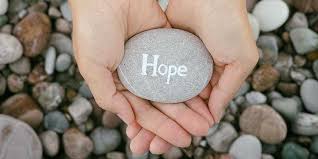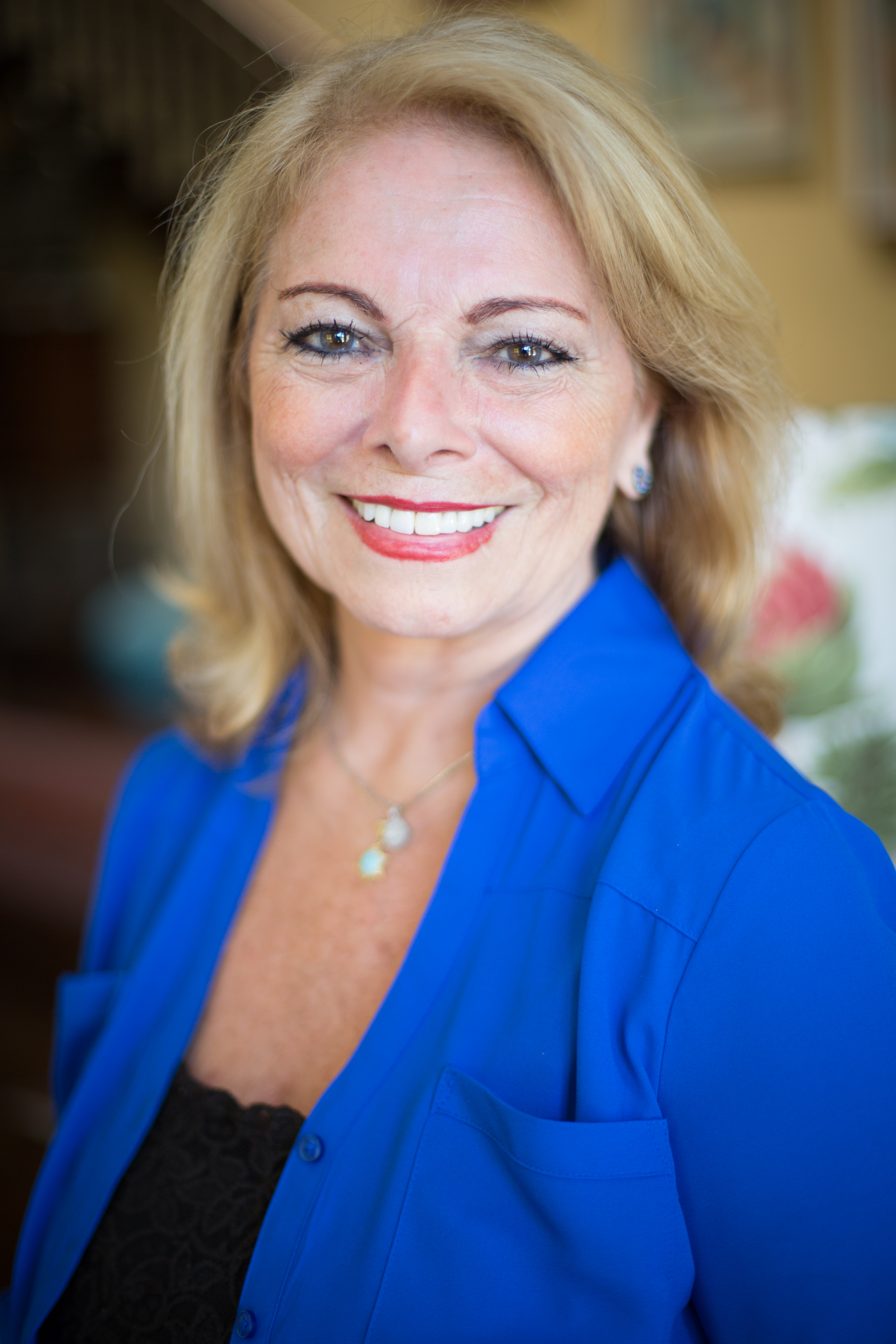
Hope is a natural immune system booster. And we need our immune system strong and our emotions in balance to deal with this pandemic. It is only emotional and mental centeredness that can keep us alert against the panic, which tends to cloud our ability to reason and function well.
Hope allows us to remain open-minded to the 24/7 media news cycle on the medical developments for the coronavirus; our calmness allows us to sort out what really works, what is in development, and what is just incorrect or harmful information. It allows us to ask for what we need, while having patience with the obstacles, as this is a bigger than life event. It allows us to trust and pray for our amazingly creative medical, sciences and manufacturing teams working tirelessly to solve the problem and alleviate suffering. We can support our leaders who must make very difficult decisions based on very uncertain and constantly changing information; and to make only constructive criticisms, alerting to resources that have been overlooked, or were not known.
Hope is what helps us avoid the panic-shopping that depletes the stores, thus compromising the wellbeing of all those who help us physically survive: all the first responders, medical personnel, those staffing necessary retail stores and services, farmers and policemen, all those people who choose to serve rather than quarantine themselves.
However, having hope doesn’t mean ignoring the dangers or stopping the required precautions! To the contrary, it means participating on an individual responsible level, adopting rational, science-based, effective habits. It means following the rules that help slow the pandemic, strengthened by the knowledge that not only are we protecting ourselves, but also protecting our collective.
Hope allows us to take notice of the worrisome data that can inform our actions, but also notice and focus on the positive and let it pervade our psyche. It is helpful for those in charge of reassuring the public, politicians and health experts alike, to recognize that these two goals are not mutually exclusive.
On the positive side, during this crisis, we can feel good about humanity. The way we worry and the sacrifices we are ready to make for our most vulnerable, the aged and the ill, restores our belief in humanity’s essential capacity for compassion, love and caring. We can feel strengthened by the myriad gestures of caring for others, by the creative ways of staying in contact, and making music together, and finding ways to give collective thanks.

Investing Now in Our Future Collective Lives: What Will Change When it is Over?
What can we do beyond doing our best to cope with this crisis? It is a pandemic that is affecting and mesmerizing the entire world.
We are all in it together. This virus does not differentiate between political parties, races or genders, religions, political systems or nationalities. The coronavirus has worked as a master equalizer. Maybe this crisis is the opportunity to ponder how each one of us can contribute to the world, question our absolute certitudes and ideological bents, and change the collective consciousness, after one of the most egregious and divisive periods of political polarization and loss of normalcy.
We can start by assessing how we add to panic and mistrust when we choose polarized sides rather than finding centrist solutions. We need to become aware of our prejudices, and of the people and causes that trigger our fears, conspiracy theories, accusations, and demonization of them.
After being driven by these negative forces and the cynicism they breed, we can pull together our minds and efforts to resolve our collective problems. There are no issues – whether climate change, free speech, reproductive rights, religious freedom, illegal immigration, prisoners’ rights, poverty or economic inequality – that would not be helped by a balanced, bi-partisan approach, that avoids extremist solutions.
We can take many lessons from this bewildering and disorienting crisis and bring a most needed change to our political polarization; we can include renewal of our concerns for the elderly, and how to use their wisdom, knowledge, experience and availability to give guidance to younger leaders. It would be foolish, at this very crucial time, to throw out mankind’s millenary tradition of passing wisdom from one generation to another.
We can also renew, in the future, our present concerns for the economic crisis of the poor. So many have taken the responsibility to help others, right now. Can we keep it up after the crisis? Can we personally tithe for those who have lost economically and become personally involved with their economic well-being?

Our Personal and Spiritual Lives
We can take this enforced period of reflection also to ponder on the meaning of our own lives. We can learn from this forced downtime that compelled us to review our commitment to our families, friends, health and well-being. We have been forced to focus on our most personal and intimate relationships and give attention to what needs repair. Hopefully, we will remember and keep, later, what we have found most helpful for our relationships, our children, our health, and for devoting time to things we have neglected.
This pandemic also offers an opportunity to reflect on our spirituality. As it reaches more intensity during the holy days of Passover, Easter and Ramadan, it requires us to take the opportunity to exit our personal emotional and mental captivities and slaveries.
What silver linings should each one of us find in this catastrophe?
The quicker we commit to hope, to finding the spiritual lessons and the silver linings, the less damage we will endure and the quicker we may heal. In this time of fear, hardships and worry over our personal and collective future, we must tend to our emotional balance and clarity of mind, and there are many available tools. Because this a time where neither panic nor its denial serve us, and a time for courage and heroic soul searching, we must find our balance immediately, using our innate strength, prayer and spirituality.
How to Regain Emotional Balance
While hope is our natural immune system booster, EmotionAid™ is one of the tools you can use to release stress (and allow hope to flourish), on-the-spot, anytime, anywhere, and we are offering it as our contribution to our collective wellbeing.
When we panic, our brain interprets our panic as danger and our nervous system automatically releases adrenaline and cortisol, the stress hormones that provide our body with a tremendous energy for a fight or flight response. But since we can’t fight or flee from the Coronavirus or other situations of stress, the energy from these hormones remains stuck in our body and turns into traumatic symptoms. We lose our centeredness and our ability to think clearly and function well.
Luckily there is help.
Many self-help tools like the 16-minute video on EmotionAid™ produced by International Trauma Institute, are readily available on social media. EmotionAid® is an important tool that can help restore hope, release stress and bring us back to centeredness and rational thought. Your personal health care provider is also a good source of information and many government agencies are providing 24/7 medical advice. If you find self-help tools are not adequate, be sure to seek professional help.

